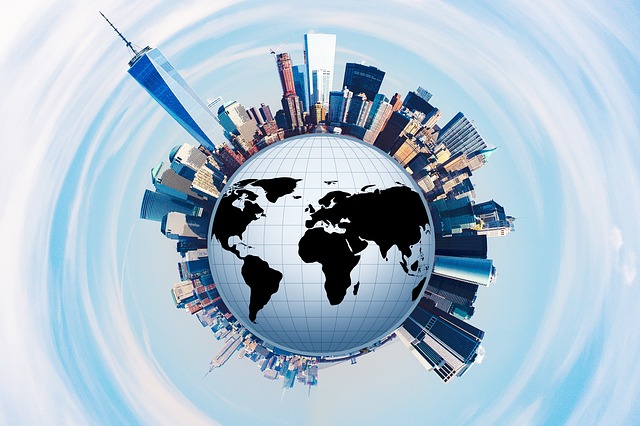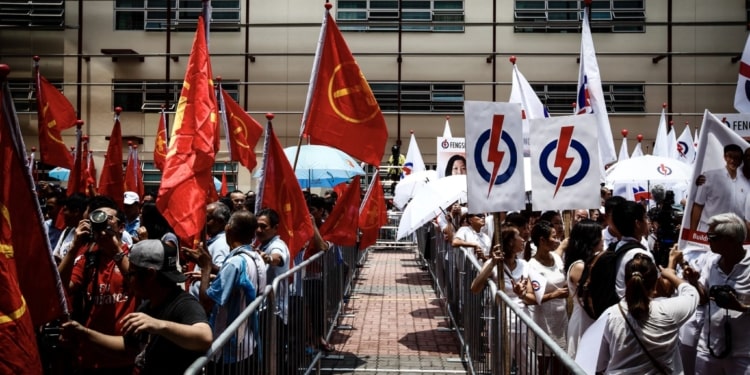Singapore has emerged as a top destination for the world’s wealthiest individuals. The city-state, known for its political stability, world-class infrastructure, and business-friendly environment, is experiencing a steady influx of global millionaires who are choosing it not just as a financial hub, but also as a place to live, invest, and thrive.
In 2024, there were 333,204 millionaires (including 49 billionaires) in Singapore, about 5% of the total population.
Political and Economic Stability
Amid global uncertainty, Singapore’s consistent political leadership and pro-business policies stand out. The nation ranks high in global indices for ease of doing business and economic competitiveness. Its resilience during global crises, including the COVID-19 pandemic, has reinforced its reputation as a stable base for long-term planning.
Proven Crisis Management
Singapore’s ability to manage global crises with efficiency and transparency is a major factor inspiring confidence among global millionaires.
During the 2008 Global Financial Crisis, Singapore acted swiftly to stabilise its economy through a combination of fiscal stimulus, support for banks, and workforce programs. As a result, it rebounded faster than many developed nations.
More recently, during the COVID-19 pandemic, Singapore was globally recognised for its effective handling of public health measures and economic support. The government rolled out more than S$100 billion in relief packages to support businesses, safeguard jobs, and accelerate digital transformation. At the same time, the healthcare response was structured, science-driven, and marked by transparent communication, which helped maintain public trust and social stability.
In the face of global supply chain disruptions, Singapore has leveraged its strategic location and port infrastructure to remain a key logistics and trade hub. Its proactive planning and investments in digitalisation have further strengthened its appeal as a safe, efficient, and future-ready environment for business continuity.
US’s global tariffs and the 10% imposed tariffs on goods export from Singapore to the US is expected to dampen Singapore’s economic growth. Due to Singapore’s high reliance on trade – at over 300% of its GDP, investments, businesses, jobs and even inbound immigration are at risk. To combat future issues and a looming recession, the government has plans to set up a task force to tackle the changing global trade to help businesses and workers cope with the upcoming challenges.
Such displays of decisive governance and strategic foresight have made Singapore stand out in an increasingly unpredictable world—a quality that HNWIs deeply value when choosing where to base their lives and assets.
Growing Financial Ecosystem
Singapore has evolved into one of Asia’s leading financial centres. It hosts a growing ecosystem of private banks, wealth management firms, fintech companies, and family offices. The Monetary Authority of Singapore (MAS) has also introduced initiatives to attract asset managers and enhance the city’s appeal as a hub for managing generational wealth.
Influx of Family Offices and Investment Migration
In recent years, Singapore has seen a boom in the establishment of family offices – private wealth management firms set up by ultra-rich families. The number of single-family offices in Singapore was 400 in 2020 but has increased to more than 2000 in 2024, a span of less than 5 years. The Global Investor Program (GIP), which allows eligible investors to gain permanent residency, has further accelerated this trend.
How Singapore Benefits from the Influx of Global Millionaires
Strengthening the Financial and Wealth Management Sector
Singapore’s financial sector is one of the most developed in the world, and the arrival of millionaires only enhances its standing. Private banking, asset management, and family office services see increased demand, bringing in billions in managed assets. As a result, Singapore continues to cement its reputation as a global wealth management hub, rivalling financial centres like Switzerland and Hong Kong.
Driving the Luxury Real Estate Market
High-net-worth individuals often invest in luxury residential properties, which fuels demand in the high-end property segment. This investment not only increases property values but also generates significant revenue through property taxes and stamp duties. These funds can then be redirected toward national infrastructure, housing initiatives, and social programs.
Creating High-Value Jobs
The presence of wealthy individuals stimulates employment across several key sectors, including finance, legal services, real estate, hospitality, and luxury retail. Furthermore, there is growing demand for specialised skills in areas like wealth management, investment advisory, and lifestyle concierge services. This creates opportunities for local talent and attracts global professionals, raising the skill level of the workforce.
Contributing to Tax Revenue
Despite Singapore’s relatively low income tax rates and lack of capital gains tax, HNWIs still contribute substantially through indirect taxes such as the Goods and Services Tax (GST) and property-related levies. Their spending on luxury goods, fine dining, education, and services channels money back into the local economy, providing a steady stream of revenue for public spending.
Enhancing International Influence and Reputation
Hosting a global elite boosts Singapore’s international profile as a secure, business-friendly, and strategically located nation. This branding has a ripple effect – attracting multinational corporations, foreign direct investment, and international talent. In turn, this solidifies Singapore’s role as a key player on the global stage.
Fostering Philanthropy and Innovation
Many millionaires are active in philanthropy, contributing to causes such as education, healthcare, and the arts. Others support the local startup ecosystem through angel investment and venture capital. This influx of private capital and social responsibility enriches Singapore’s cultural and innovation landscape, paving the way for long-term societal benefits.
Building Economic Resilience
Wealthy individuals often have diverse income streams and international portfolios, making them more resilient to local economic fluctuations. Their presence helps Singapore diversify its economic base and provides a buffer during global downturns. This stability, in turn, boosts investor confidence and strengthens the local currency.
Why Global Millionaires Choose Singapore
As geopolitical tensions rise and taxation increases in traditional wealth centers like the U.S., U.K., and parts of Europe, Singapore’s allure continues to grow. For many millionaires and billionaires, the decision to move to Singapore is not just about escaping volatility, it’s about securing a future in a country that values innovation, integrity, and opportunity.
For enquiries on setting up a company or family office in Singapore, email to info@iasg.com.sg.







